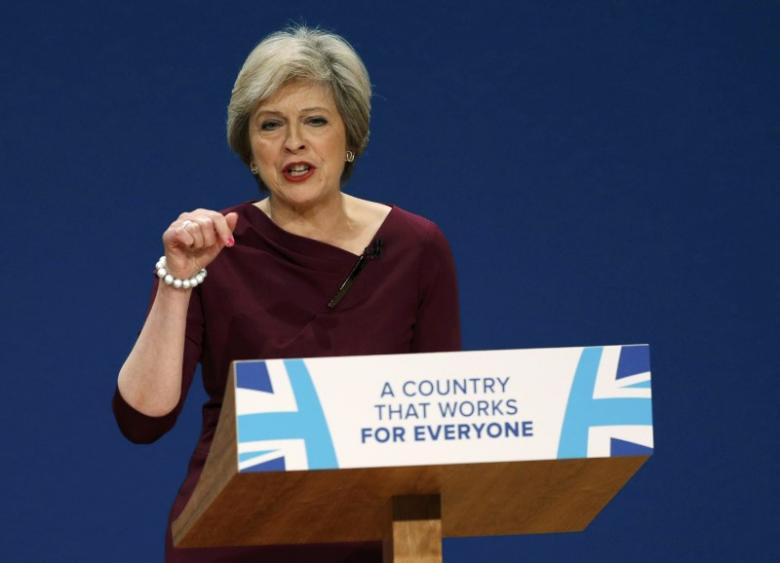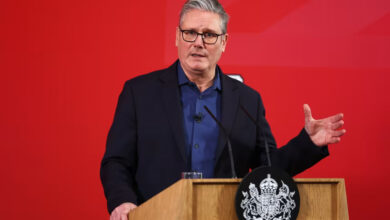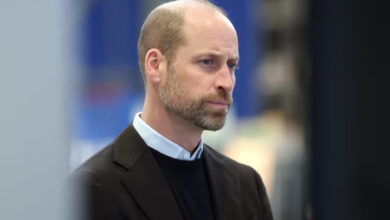
British lawmakers from across the political spectrum will press their bid to force Prime Minister Theresa May to give parliament a vote on her negotiating strategy for leaving the European Union, saying she had no mandate for a "hard Brexit".
As Britain embarks on some of its most complex diplomatic negotiations since World War Two, Nick Clegg, former deputy prime minister, said May's plan to invoke Article 50 of the EU's Lisbon Treaty by the end of March – triggering the formal Brexit procedure – would hand power to the other 27 EU members.
"Whilst the government has a mandate to pull us out of the European Union they don't have a mandate how to do that," Clegg told the BBC's Andrew Marr program on Sunday.
"That is why it is important that the government strengthens its own hand and also just subjects its own ideas to the sort of scrutiny of the parliament before they go to the negotiations elsewhere in Europe."
Lawmakers from the ruling Conservative Party, opposition Labour Party and Clegg's Liberal Democrats said they accepted Britain had voted to leave, but have called for a debate and vote in parliament to try to influence the terms of the divorce.
May, who was appointed prime minister shortly after the June referendum, last week said parliament would have every opportunity to debate plans to leave the European Union, but ruled out letting it vote on triggering Article 50.
Clegg said he backed a "soft Brexit" in which Britain stays in or close to the EU's lucrative single market, and urged May to try to "square the circle" over whether Britain will have to sacrifice full participation in the single market to restore control over immigration.
May has said she will deliver Britain's vote in the referendum to reduce the numbers of EU migrants arriving in the country and restore British sovereignty, but she has also been careful to say she wants the "best deal" for business.
Uncertainty over what kind of deal Britain will pursue has unsettled investors and markets.
The British currency is particularly sensitive to any suggestion that the country might be heading towards a "hard Brexit", or a clean break from the EU's single market of 500 million consumers.
Priti Patel, the minister for international development who campaigned to leave the EU, said parliament already had the opportunity to debate and discuss Britain's divorce from the EU.
"The job of government is to deliver the result of the referendum," she also told the BBC.
"This is not about using parliament as a vehicle to subvert the democratic will of the British public."




